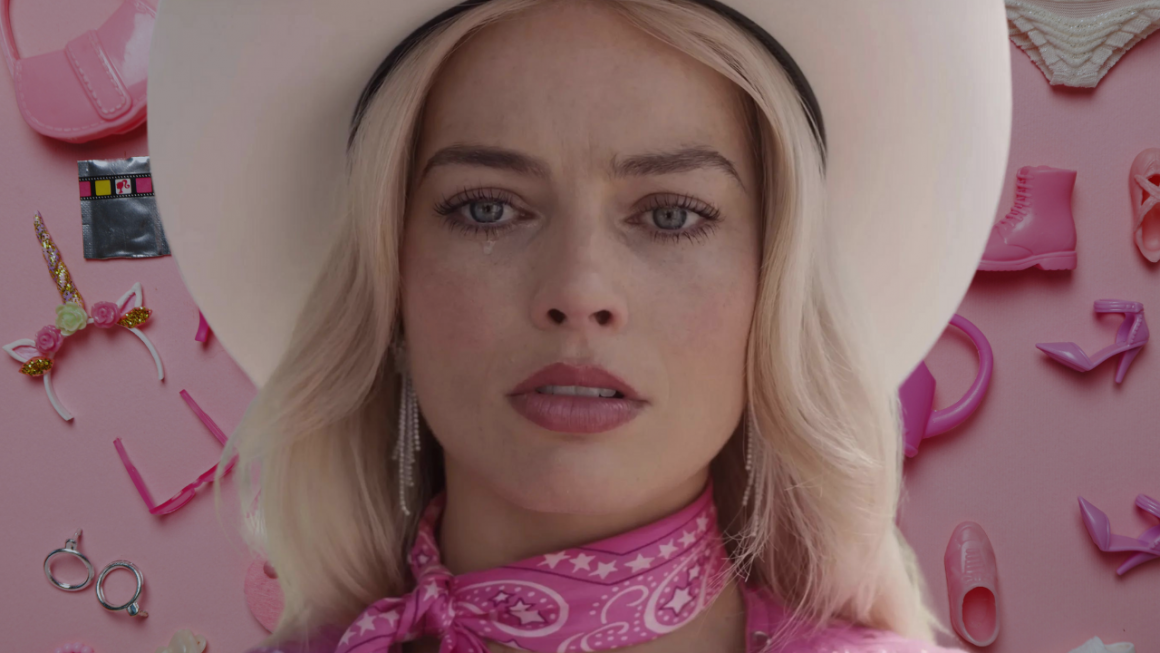
Barbie is more than a punchline
By Medina Mohammed, January 13 2024—
The Barbie movie, released July 21 of last year, took the world by surprise when it sent women and girls alike into a frenzy for the doll and anything pink. In the aftermath of the Barbie movie, the world realized the connection that they held with the doll — positive or negative — and how it impacted their childhoods. The movie itself touched on this idea, showing both the good and bad images that Barbie has had over the years. However, the general public consensus seems to be that Barbie is a love letter to not only Barbie herself but women and girls all over the world who have played with the doll.
Despite the positive reception by most and taking some awards home, at the recent Golden Globes Barbie was the subject of a controversial joke by comedian Jo Koy. As typical with award show hosts, Koy attempted to poke fun at many of the attendees, however, some of his jokes fell flat, including a joke pointed at Taylor Swift. Koy’s Barbie jokes, however, were able to prove the exact reason why Barbie was so impactful, not only for the legacy of the doll but for women.
In his monologue, Koy had reduced the Barbie doll, and by extension, actress Margot Robbie, to her physical features and discussed that her looks were the reason why he watched the movie. Those who have seen the movie understand that the main message of the movie is that the world has underestimated the idea and concept of what Barbie is and what she can represent. She was reduced to exactly what Koy said, “a plastic doll with big boobies.” To contrast his idea of Barbie, he mentioned the seemingly more “sophisticated” part of the movie’s rival Oppenheimer, as the source material was a Pulitzer Prize-winning book. This joke was not only sexualizing a movie that deeply touched generations of women, whether they were familiar with the doll or not, but implying that the movie lacked the “sophisticated” aspects that Oppenheimer had. Koy’s surface-level and misogynistic jokes at the Golden Globes show that despite the deep messages and meanings behind a movie that was created by a group of strong women, for women and girls, it will never be able to be something that men will ever understand.
As a child, I was obsessed with Barbie, and if the movie had been made in 2007 instead of 2023, I would have loved it even more than I already do. Most of my childhood consisted of playing with the Barbie dolls, watching the animated movies, playing the games, having backpacks, lunch bags, clothes and almost any other Barbie merchandise that I was able to get my little hands on. As a child what I remember sticking with me the most about the concept of Barbie is that she could be anything. In some instances, she was a princess, other times a high schooler, sometimes she was an actress, a doctor, a veterinarian and the best one in my opinion, just Barbie. Barbie, I feel, has been terribly misunderstood. While the body image argument is a separate issue, Barbie has been a positive image and influence in my life. Barbie was a good friend; she was always kind. Barbie was a good older sister, always helping. Barbie was strong and wonderful in any media that I consumed of her, she was level-headed, intelligent and most importantly determined. I felt that the movie portrayed her perfectly, and for Koy to dismiss the concept of Barbie to just her physical characteristics, just as the world has done for so long, feels deeply insulting to the idea of Barbie and why she was created in the first place. For women and girls, Barbie is so much more than just a doll that wears pink, and as Koy said, “has big boobies”. She was the representation of what we wanted to be in the world, and as the movie proves, is a force for good with positive intentions.
This article is a part of our Voices section and does not necessarily reflect the views of the Gauntlet editorial board.
